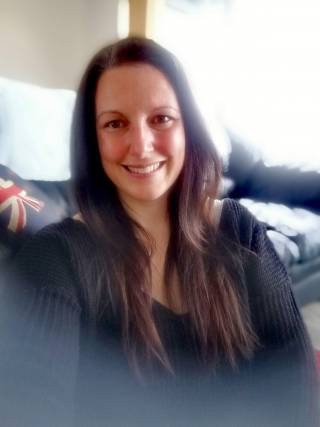
I am the deputy director of the Mental Health Sciences MSc and my research focuses on harm minimisation strategies for self-harm. In my role, I love the mixture of teaching and research, the two things go hand-in-hand. The students that I supervise play an important role in helping collect and analyse data on the use, views and acceptability of harm minimisation for self-harm, from people who have experience of self-harm, their families, and mental health professionals. All of this contributes to a topic which has very little research on it.
I also juggle my work with being a single mum to my two-year old son. It is very busy and can be challenging finding the balance between an academic career and a family, but both are my passion. Although there are compromises to be made, I don’t believe that you have to sacrifice one for the other.
I first got involved in EDI when I was a postdoc at King’s College London. I was the head of the postdoc committee which provided a platform for early career researchers to get support, training and development with their careers at the university. We also gave a voice to postdocs at the Diversity and Inclusion committee, Research and Innovation committee and University level committee and ensured the needs of early career researchers were being heard. This really helped me understand the university structure and the different avenues for having impact. Since I’ve been at UCL, I have been involved in a podcast and editorial on women’s representation (or lack thereof) in leadership in academia and medicine, and I have recently joined the EDI committee in the Division of Psychiatry.
My experiences as a woman and as the first person in my family to attend university, have influenced my career throughout – from finances to networks. Fortunately, I have had a lot of help along the way, and I feel a desire and a responsibility to do what I can to help other people from diverse or marginalised backgrounds to reach their goals within academia. To me, EDI is about creating an environment where everyone has an equal voice and feels heard, they are offered the same opportunities and are valued.
 Close
Close

